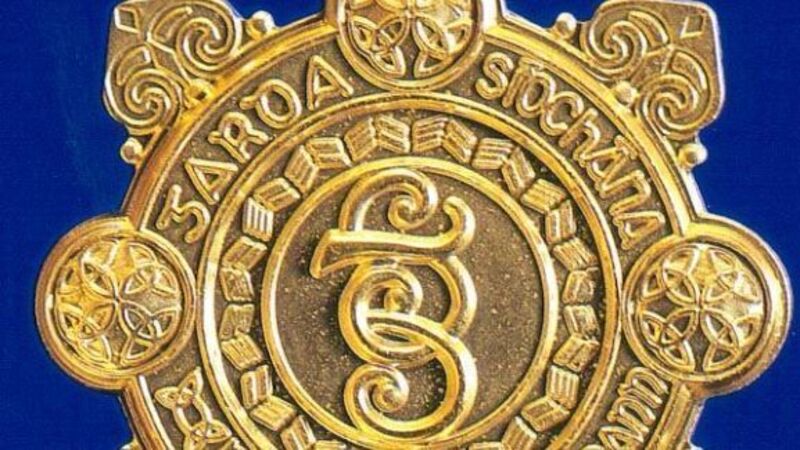Pepper spray case - Trial should never have gone ahead

The two gardaí were accused of assaulting a violent teenager with pepper spray following his arrest in Cork City. Charges were dropped during the hearing on Monday after defence solicitor Frank Buttimer demolished the State’s case in short order. The two gardaí had to wait a year-and-a-half to get their names cleared and now face a combined total of €14,000 in legal bills because the State is refusing to pay them.
The gardaí used the pepper spray while attempting to subdue the teenager. According to his own mother, he is “an absolute gurrier of the highest order”, with 22 convictions for violent assault and other crimes.














